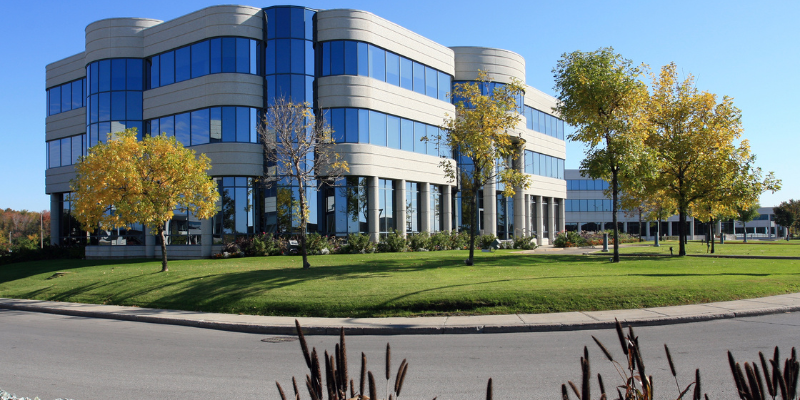Top Factors That Impact Commercial Real Estate Value
Top Factors That Impact Commercial Real Estate Value
Whether you're investing, managing, or selling commercial real estate, understanding what influences property value is key to making informed decisions.
While location is always critical, many other factors also play a role in determining a property’s true worth.
Here are the top elements that impact commercial real estate value:

1. Location and Accessibility
Location is still king. Proximity to highways, public transportation, and business hubs can significantly increase a property's value.
A central, high-traffic location often means higher visibility and demand, especially for retail or office spaces.
Walkability and parking availability also matter to tenants and customers alike.
2. Property Condition and Age
Well-maintained properties typically command higher values.
Age isn’t always a disadvantage, but outdated systems (HVAC, electrical, plumbing) and poor structural condition can reduce value or require costly upgrades.
Regular maintenance and updates can help preserve or increase market value.

3. Tenant Quality and Lease Terms
A property with long-term, financially stable tenants is more attractive to investors.
High occupancy rates and strong lease agreements—especially triple-net (NNN) leases—translate into reliable income and lower risk, boosting property valuation.
4. Zoning and Land Use
Zoning laws directly affect how a property can be used.
A change in zoning that allows for mixed-use, higher density, or redevelopment can increase property value.
Conversely, restrictive zoning can limit a property's potential.
5. Market Trends and Economic Conditions
Interest rates, local job growth, and the overall health of the economy influence demand for commercial space.
In a growing economy, property values tend to rise as businesses expand and seek more space.
On the other hand, economic downturns can lead to higher vacancies and lower rents.
6. Cap Rate and Income Potential
Investors evaluate properties based on the capitalization rate (cap rate), which is the expected return on investment.
A property with strong, consistent rental income and low expenses typically has a lower cap rate—and a higher value.
7. Future Development Potential
Is there room to expand or redevelop?
Properties with underused land or flexible layouts may offer future upside, which adds to their current value.
Contact Real Estate Matrix
Commercial real estate value is shaped by a combination of physical, financial, and market-driven factors.
At Real Estate Matrix, we help property owners and investors navigate these key factors with expert guidance, market analysis, and tailored strategies.
Whether you’re optimizing an existing asset or evaluating a new opportunity, our team ensures you make data-driven decisions that maximize value.
Contact us today to see how we can help elevate your investment.

Real Estate Matrix is one of the Southeast’s premier commercial real estate appraisal firms and has participated in the valuation of billions of dollars in real commercial property assets.
We would appreciate the opportunity to add you to our very long list of pleased clients.
You can give us a call or click here to fill out our Free Quote Appraisal Form.





